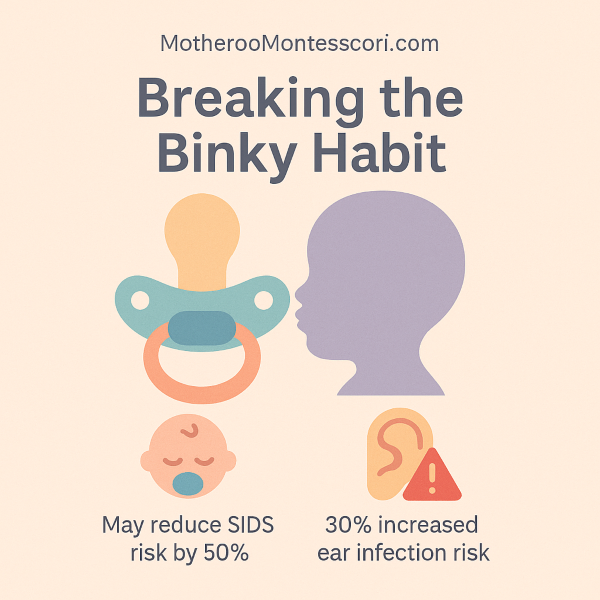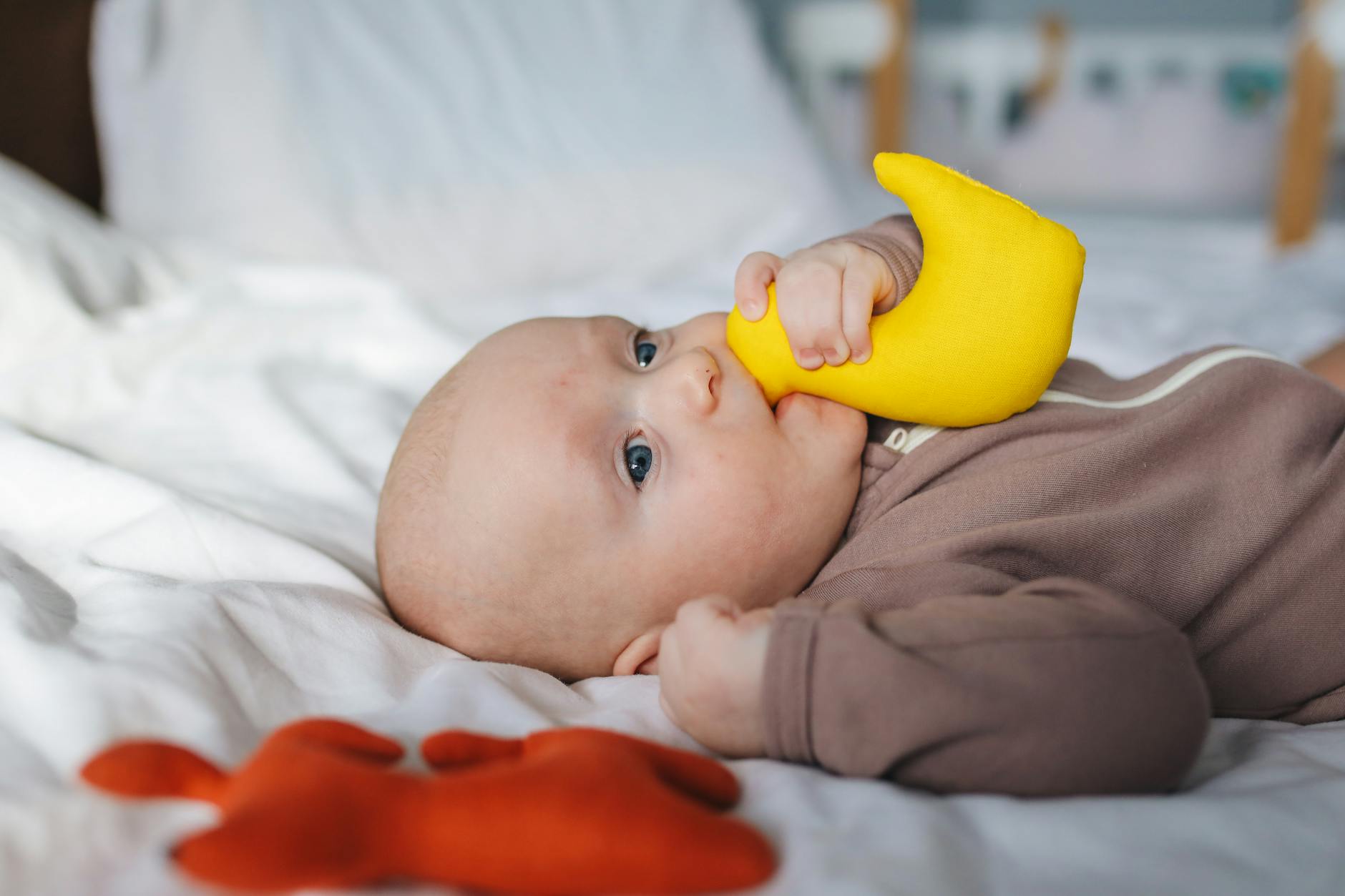Understanding and Supporting Toddler Frustration Tolerance.
Frustration tolerance in toddlers represents one of the most critical yet challenging aspects of early childhood development, with far-reaching implications for academic success, social relationships, and long-term mental health outcomes. Recent neuroscientific research reveals that individual differences in how young children cope with disappointment and setbacks are rooted in specific brain regions, particularly the lateral prefrontal cortex, while developmental studies demonstrate that the period between ages 1-4 marks a crucial transition from external to internal emotional regulation. Understanding these mechanisms empowers parents and caregivers to implement targeted strategies that can transform everyday moments of frustration into valuable learning opportunities, ultimately building resilience and emotional intelligence that will serve children throughout their lives.
Defining Frustration Tolerance in Early Childhood
Frustration tolerance encompasses a child’s ability to cope with disappointment, delays, and challenges without becoming overwhelmed or giving up entirely. This fundamental capacity manifests differently across individual children, creating a spectrum of responses that ranges from highly reactive to remarkably persistent behaviours. Children who demonstrate low frustration tolerance typically exhibit intense emotional reactions the moment something doesn’t proceed as expected, struggle significantly with waiting for attention or assistance, and tend to abandon challenging tasks quickly rather than persisting through difficulties.
The manifestation of frustration in toddlers can be particularly dramatic and may include crying, screaming, stamping feet, rolling on the floor, breath-holding, head-banging, or hitting themselves or others. These behaviours, while distressing for parents, represent normal developmental responses to the overwhelming complexity of navigating a world where toddlers possess strong desires but limited language skills to express their needs and emotions. Understanding that tantrums typically begin between ages one and four, with durations ranging from thirty seconds to several hours, helps caregivers maintain perspective during these challenging moments.
Research indicates that frustration tolerance operates on a continuum, with some children naturally displaying quiet, easy-going temperaments that rarely lead to tantrums, while others possess more quick-tempered or easily overwhelmed dispositions that result in frequent emotional outbursts. This variation reflects individual differences in neurobiological development, temperament, and emerging self-regulation skills rather than deficits in parenting or character flaws in the child.
The Neurobiological Foundations of Frustration Regulation
Advanced neuroimaging research using functional near-infrared spectroscopy (fNIRS) has revealed the specific brain mechanisms underlying frustration tolerance in young children. Studies of 3-5 year-old children demonstrate that the lateral prefrontal cortex becomes increasingly active during frustrating experiences, with this activation serving as a crucial component of the brain’s emotion regulation system. Remarkably, children who exhibit higher frustration tolerance show greater activation in these lateral prefrontal regions, suggesting that this brain area supports the ability to persist through challenging situations.
The prefrontal cortex undergoes rapid development during the toddler years, explaining why this period represents such a critical window for emotional regulation skills. During rewarding experiences, the middle prefrontal cortex shows increased activity, while frustrating situations specifically engage the lateral prefrontal regions responsible for cognitive control and emotional regulation. This neurobiological evidence provides scientific validation for the observation that some children naturally possess greater capacity for managing frustration than others.
These findings have profound implications for understanding individual differences in childhood behaviour and development. Children who struggle with frustration tolerance may not simply be “difficult” or “strong-willed,” but rather may be experiencing challenges in prefrontal cortex development or activation. This neurobiological perspective encourages more compassionate and targeted approaches to supporting children’s emotional development rather than punitive responses to challenging behaviours.
Developmental Progression in Emotional Regulation
The journey from infancy to toddlerhood marks a fundamental shift in how children manage emotional experiences, particularly frustration and anger. During infancy, children rely primarily on external sources of regulation, with parents serving as the dominant regulatory force through responsive caregiving and emotional co-regulation. However, toddlerhood represents a transition period where children begin developing internal resources for emotional management while gradually reducing their dependence on external support systems.
This developmental progression involves two critical abilities that emerge during the toddler years. First, children develop the capacity to rely on their own resources rather than exclusively depending on others for emotional regulation. Toddlers begin demonstrating self-oriented strategies such as controlling visual attention through self-distraction, shifting focus away from distressing stimuli, and actively seeking comfort through directed gaze or contact-seeking behaviours. These emerging skills represent significant advances in autonomy and self-efficacy that lay the foundation for more sophisticated emotional regulation throughout childhood.
Second, toddlers develop the ability to move from reactive, automatic responses to more purposeful and intentional emotional management strategies. The advancement of motor skills, language development, enhanced working memory, and improved capacity for deductive reasoning all contribute to children’s growing awareness of the contexts associated with their emotional experiences. This increased cognitive sophistication enables children to use more deliberate and flexible strategies to manage situational stresses and achieve specific goals, moving beyond the rigid, stereotypical responses that characterize earlier developmental periods.
Evidence-Based Strategies for Supporting Different Frustration Profiles
Supporting Children with Low Frustration Tolerance
Children who demonstrate low frustration tolerance require specific interventions designed to build their capacity for waiting, coping with disappointment, and persisting through challenges. One fundamental strategy involves helping children learn to wait by providing clear communication about ongoing activities and expected timelines. For example, caregivers might say, “I’m heating up your bottle right now” or “I will help you in a minute. I will finish feeding Mikey and then help you with that toy”. This approach provides predictability and reduces anxiety while building tolerance for delays.
When children experience frustration-related meltdowns, effective support involves acknowledging the difficulty of the situation while serving as an emotional coach rather than simply solving the problem. Caregivers can validate the child’s experience by saying something like, “Puzzles are hard! It makes you so mad when the bear won’t fit in the space”. Following this validation, adults can guide children through problem-solving processes without taking over the task entirely, such as suggesting, “Why don’t you put your thumb in the mitten first? Then we will work together to get each of your other fingers in the glove”.
Strategic use of humour can significantly reduce tension during frustrating moments while maintaining engagement with challenging tasks. For instance, an adult might playfully address an inanimate object causing frustration: “You silly block! You just won’t stay on the tower! Well, we’re not giving up!”. This technique models persistence while reducing the emotional intensity of the situation, making it easier for children to continue working toward their goals.
Supporting Persistent Children
Children who naturally demonstrate high frustration tolerance and persistence require different types of support to maximize their developmental potential. These children often receive less adult attention because they appear self-sufficient and less demanding, but they still require meaningful interaction and guidance. Caregivers should intentionally join in their play activities and provide regular attention rather than assuming these children don’t need support.
As persistent children develop, it becomes important to communicate that everyone needs help sometimes and that adult support remains available when needed. These children may become so focused on independence that they struggle to seek assistance even when facing genuinely difficult challenges. Teaching them to recognize when problems exceed their current capabilities and to seek appropriate help represents an important balance to their natural persistence.
The Hidden Benefits of Toddler Tantrums
While tantrums create significant stress for parents and caregivers, research reveals that these intense emotional episodes serve important developmental functions that contribute to long-term emotional health and social competence. Tantrums represent crucial opportunities for children to learn how to manage frustration and anger, skills that prove essential for successful adulthood. Rather than viewing these episodes as purely negative behaviours to be eliminated, parents can reframe them as teachable moments that build emotional resilience and self-regulation capabilities.
The experience of a tantrum can be understood by imagining yourself being asked to run a marathon while carrying a 50-pound backpack, write a 5,000-word essay, and cook a gourmet meal while exhausted, frustrated, and unable to watch your favourite television program for six weeks. This analogy helps adults appreciate the overwhelming nature of experiences that trigger tantrums in toddlers, who face the additional challenge of lacking the language skills necessary to express their complex emotional states.
Children vary significantly in their natural tendency toward tantrums, with some requiring minimal support to develop self-regulation skills while others need extensive parental guidance and time to learn emotional management. This variation reflects normal individual differences rather than parenting failures or character defects, encouraging more patient and individualized approaches to supporting each child’s emotional development.
Practical Applications and Real-World Examples
Managing Public Tantrums
Tantrums frequently occur in highly visible public settings such as grocery stores, parks, family gatherings, or other locations where parents feel particularly scrutinized. During these moments, it’s crucial to remember that well-meaning but ineffective responses such as pleading, yelling, or bribery often escalate rather than resolve the situation. Instead, maintaining calm while implementing emotion-coaching strategies helps children learn to manage their feelings even in stimulating environments.
For example, when a child has a meltdown in the grocery store because they cannot have a desired item, parents can acknowledge the disappointment (“You really wanted that toy, and you’re feeling upset that we can’t get it today”) while maintaining clear boundaries and offering appropriate comfort. This approach validates the child’s emotional experience while teaching that intense feelings can be tolerated and will eventually pass.
Building Frustration Tolerance Through Daily Routines
Everyday activities provide numerous opportunities to build frustration tolerance in developmentally appropriate ways. During meal preparation, children can practice waiting by helping with simple tasks while the adult completes more complex cooking steps. Art and craft activities offer natural opportunities to work through challenges, with adults providing just enough support to keep children engaged without taking over the creative process.
Puzzle-solving represents an ideal frustration tolerance building activity, as it involves repeated attempts, problem-solving, and the satisfaction of eventual success. Adults can model persistence by working alongside children, demonstrating how to try different approaches when initial attempts don’t succeed, and celebrating both effort and achievement.
Supporting Emotional Regulation During Transitions
Transitions between activities often trigger frustration in toddlers, who thrive on predictability and may struggle with shifting attention from preferred to less preferred activities. Providing advance warning (“In five minutes, we’ll need to clean up the blocks and get ready for dinner”) helps children mentally prepare for changes while building their capacity to manage disappointment about ending enjoyable activities.
Creating visual schedules or using timers can make abstract concepts like time more concrete for toddlers, reducing anxiety about when changes will occur and building cooperation with necessary transitions. These strategies respect children’s need for predictability while gradually building flexibility and adaptation skills.
Conclusion
Understanding toddler frustration tolerance through an evidence-based lens transforms how parents and caregivers approach one of early childhood’s most challenging aspects. The neurobiological research demonstrating prefrontal cortex involvement in emotional regulation provides scientific validation for the significant individual differences observed in children’s responses to frustration, encouraging more compassionate and targeted intervention approaches. The developmental progression from external to internal emotional regulation during the toddler years highlights the importance of this period for building lifelong emotional intelligence and resilience.
Effective support for toddler frustration tolerance requires individualized strategies that match each child’s natural temperament and current developmental level. Children with low frustration tolerance benefit from structured approaches that build waiting skills, provide emotional coaching during difficult moments, and use humour to reduce tension while maintaining engagement with challenging tasks. Conversely, naturally persistent children require intentional attention and guidance to maintain balance between independence and appropriate help-seeking behaviours.
Perhaps most importantly, reframing tantrums as valuable learning opportunities rather than behavioural problems creates space for the patient, consistent support that toddlers need to develop mature emotional regulation skills. The investment in understanding and supporting frustration tolerance during these early years pays dividends throughout childhood and beyond, as children who develop strong emotional regulation skills demonstrate better academic performance, more successful peer relationships, and lower rates of behavioural and mental health difficulties. By combining scientific understanding with practical, evidence-based strategies, parents and caregivers can guide toddlers through this challenging developmental period while building the emotional competencies that support lifelong wellbeing and success.
Sources:
https://www.zerotothree.org/resource/frustration-tolerance/
https://pmc.ncbi.nlm.nih.gov/articles/PMC3796135/
https://pmc.ncbi.nlm.nih.gov/articles/PMC10216924/
https://copingskillsforkids.com/managing-anger
https://www.weetalkers.com/blog/toddler-frustrated-cant-talk-yet
https://www.zerotothree.org/resource/behavior-scenarios-how-to-respond/
https://onlinelibrary.wiley.com/doi/10.1111/infa.12389
https://blog.lovevery.com/child-development/teaching-toddlers-to-persist-what-the-research-says/
https://challengingbehavior.org/docs/TuckerTurtle_Story.pdf
https://parentingscience.com/emotion-coaching/
https://pubmed.ncbi.nlm.nih.gov/32589327/
https://blog.lovevery.com/child-development/11-ways-to-build-your-toddlers-frustration-tolerance/
https://preventchildabuse.org/resources/helping-kids-deal-with-frustration/
https://www.reddit.com/r/Preschoolers/comments/1fkv8lk/frustration_tolerance_whats_normal_whats_not/
https://www.chconline.org/resourcelibrary/teach-frustration-tolerance-kids/
https://www.sengifted.org/post/helping-your-twice-exceptional-2e-child-build-frustration-tolerance
https://www.pbs.org/parents/thrive/20-activities-to-help-your-child-manage-frustration
https://raisingchildren.net.au/toddlers/behaviour/crying-tantrums/tantrums
https://www.headstart.gov/video/promoting-childrens-self-regulation-tucker-turtle
https://www.triplep-parenting.net.au/au/hot-parenting-topics/throws-temper-tantrums/
https://www.triplep.net/glo-en/find-out-about-triple-p/triple-p-in-a-nutshell/
https://pmc.ncbi.nlm.nih.gov/articles/PMC9682705/
https://helpmegrowmn.org/HMG/HelpfulRes/Articles/ManagAnger/index.html
https://www.healthline.com/health/childrens-health/angry-toddler
https://www.montessoriinreallife.com/home/2020/1/11-phrases-to-diffuse-toddler-frustration
https://www.rch.org.au/kidsinfo/fact_sheets/challenging_behaviour_toddlers_and_young_children/
https://www.ishmom.com/frustration-tolerance-activities-for-kids/
https://kidshealth.org/en/parents/tantrums.html
https://www.mayoclinic.org/healthy-lifestyle/infant-and-toddler-health/in-depth/tantrum/art-20047845
https://heartmindonline.org/resources/turtle-time-a-calming-technique
https://www.kindercare.com/content-hub/articles/2018/january/tucker-the-turtle
https://challengingbehavior.org/docs/TuckerTurtle_letter.pdf
https://www.barnardos.org.uk/sites/default/files/uploads/The%20Basics%20of%20Teaching%20Turtle_0.pdf
https://www.stopthinkdo.com/bg_focus.php
https://buildingbetterbrains.com.au/coregulation-techniques/
https://www.sydneychildrenspractice.com.au/post/raising-great-kids-emotion-coaching
https://www.triplep-parenting.com/us/about-triple-p/help-your-child-cope-with-challenges/
https://parenthopeproject.com.au/toddler-tantrums-and-reducing-the-frustration-of-parenting/
https://www.triplep-parenting.net/global/hot-parenting-topics/coping-with-fear-anger-and-sadness/












